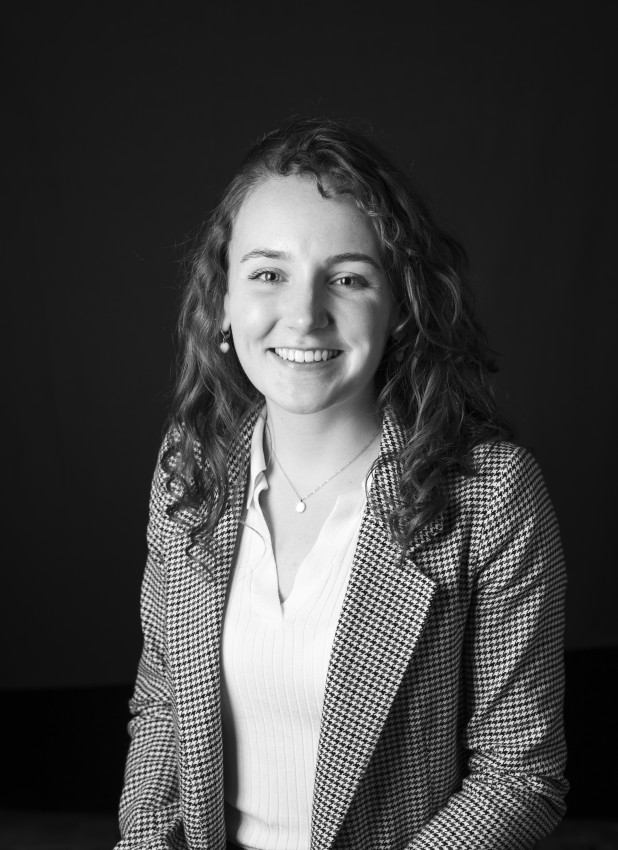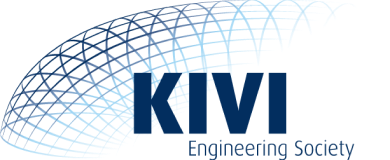Motivation Elze Swinkels
For my EngD in Qualified Medical Engineering, I had the opportunity to contribute to a project aimed at supporting health workers in low-and middle-income countries in screening for tuberculosis (TB), a leading infectious cause of death worldwide. My project addressed a major global challenge: the underdiagnosis of TB. Whilst TB is preventable and curable, one out of four people with TB is not detected, contributing to continued transmission. Current screening tools, like chest X-ray and molecular tests, are effective, but often difficult to deploy in decentralised and resource-limited healthcare settings due to high costs, infrastructure requirements, and limited availability of trained personnel. Yet, these are exactly the settings where the need for reliable TB screening is the greatest.
By exploring the feasibility of AI-assisted TB screening using handheld ultrasound, my project laid the foundation for a novel tool aimed at improving early detection in environments where resources are scarce. This project encouraged me to go beyond technical engineering, applying knowledge in practice and understanding the real needs of health workers and the systems they work in. The process involved not just designing/developing a system or managing a project, but also adapting, communicating, and collaborating across contexts. I believe this project strongly reflects the core values of the KIVI EngD Award: innovation, impact, and leadership & collaboration.
Innovation
Ultrasound typically requires a lot of experience or expertise to be used effectively. Knowledge of lung ultrasound (artifact-based) is particularly limited in settings where alternative TB screening tools are most needed. By developing a simplified standardised sweeping protocol and AI for image interpretation, and integrating this into a mobile application that can be used fully offline and allows screening in under five minutes, we reduced the need for extensive training and made the tool more widely accessible.
Impact
The project has taken a step toward democratising access to TB care. AI-assisted ultrasound can enable earlier detection and improved outcomes. My developed prototype has already gained attention from health workers, research organisations, national TB programmes, and policymakers, demonstrating the potential impact of this work. After completing this EngD, I therefore continued working on the tool toward clinical deployment.
Leadership & Collaboration
Working in a small team required me to take on multiple roles, from technical development to aligning with clinical activities and project coordination. Collaborating with healthcare professionals abroad introduced additional challenges, namely physical distance (although I visited the sites multiple times to understand local needs and provide support) and cultural differences, and the proof-of-concept nature of the work often required adapting the standard design process. These experiences highlighted the value of adaptability, communication, and teamwork. I am very grateful for the hospitality and openness of the health workers and research partners who guided me in understanding a health system that was entirely new to me.
In summary, this project has shown how applied engineering can be a bridge between advanced technology and societal challenges.
Vote for Elze
